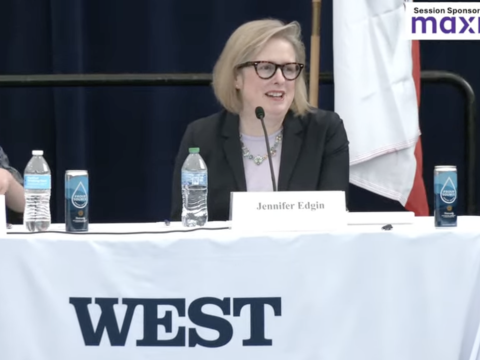The Navy Raises the Contract Ceiling for GDIT's Support of Personnel Modernization Effort
General Dynamics Information Technology's (GDIT's) contract ceiling for the U.S. Navy's Personnel Modernization (PERSMOD) contract will increase from $177 million to $270.2 million, the company reported last month. Under the contract, GDIT supports the Navy Standard Integrated Personnel System (NSIPS), a primary human resource system for the Navy that performs personnel management, pay and entitlement transactions and leave for over $34 billion worth of the Navy’s annual personnel budget. The Navy will leverage GDIT’s solutions and alliance partnerships to help drive down sustainment costs through the accelerated consolidation, migration and de-customization of legacy systems.
“GDIT’s ongoing support of NSIPS allows us to rapidly advance new solutions and help the Navy maintain momentum on this important initiative,” said Senior Vice President Leigh Palmer, head of GDIT’s Defense Division. “Through the PERSMOD contract, we have already completed modernization updates and collapsed one legacy HR system, with a second system’s retirement in progress. We are excited to leverage these milestones for the Navy and continue to upgrade this program.”
Through the increase, GDIT will accelerate the support and transformation of the Navy’s integration of Oracle’s PeopleSoft Global Payroll product as well as the implementation of the Treasury Direct Disbursing (TDD) process, the company reported. The updates will improve financial reporting and eliminate errors at the source for the Navy.
The contract increase includes an immediate award of $93.2 million with the potential to award two pre-approved six-month increments. If awarded, the increments will extend the ordering period by an additional year and increase the contract ceiling by an additional $95.7 million to approximately $366 million. The indefinite delivery, indefinite quantity (IDIQ) contract was originally awarded to SRA International Inc., a managed affiliate of GDIT, in June 2014. It included a five-year ordering period through June 2019. Up to one year of additional ordering may be permitted through June 2020.


Comments